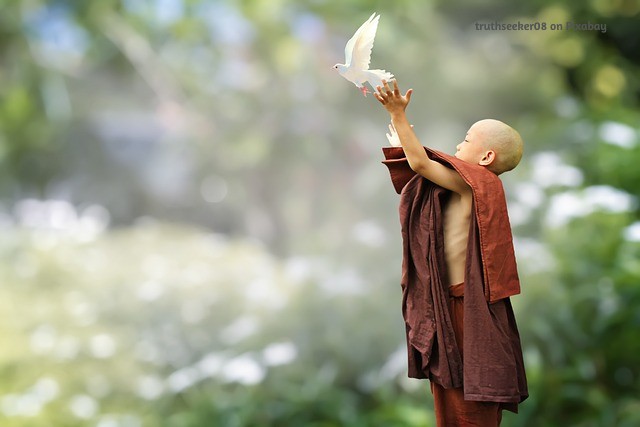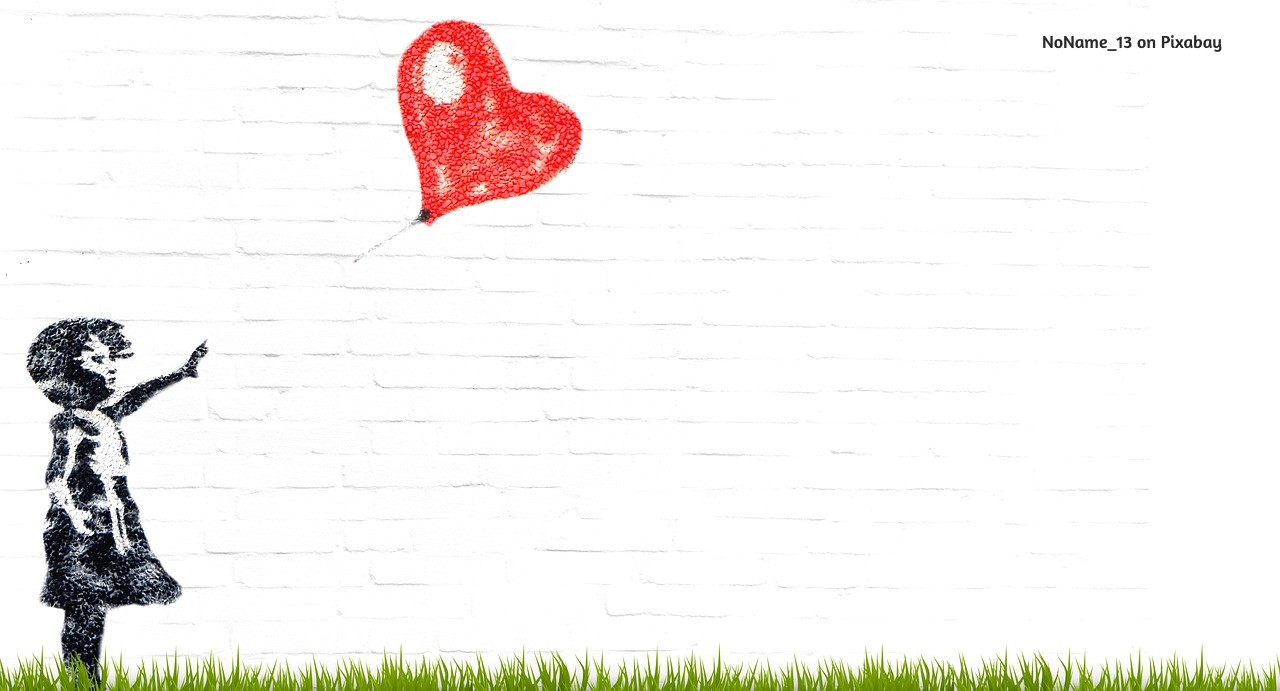…The most compassionate thing you can do is send them love, and learn to let them sort out their own energetic issues.
~Rose Putnam
When my daughter was a teen she seemed to be unhappy and angry all the time. I was a complete basket case trying to deal with her pain. I had no idea of what to do or how to help her. I simply didn’t understand. In my mind, she had everything an adolescent could possibly need or want.
My husband, her stepdad, raised four boys, so to him this was very familiar territory. He gave me the best parenting advice ever: Let her do what she’s gonna do, but build a safety net to catch her when she falls. And that is exactly what we did.
The root of suffering is attachment.
Buddha
Attachment means that we have decided that our happiness and well-being is directly dependent on something external. My daughter was stuck in that teenage-hell-place where she believed her very existence depended on having the right everything–clothes, friends, hairstyle, music…
What she didn’t know, and neither did I at the time, is that happiness is our birthright—it is innate and always available no matter what circumstances are happening. Happiness is an inside job.
Realizing this truth frees us from the illusion that our joy is dependent on some external thing or situation, such as the right friends or clothes.
Being An Empath: Learning to Detach While Staying Connected
Author Melody Beattie shares a great story about learning the value of detaching.
Her son had a pet gerbil who got out of her cage and ran around the house, eluding every attempt they made to catch her and get her back in her cage. This went on for weeks.
Then one day, seeing the little creature scurrying down the hall, Melody made the decision to not chase after her. Instead, she sat quietly on the couch watching the gerbil scoot in and out of sight. After about a week, the gerbil stood close enough for Melody to pick her up and place her in her cage.
Melody finally realized and accepted that she was not going to capture the little animal and that changed the dynamics—the gerbil was behaving like she was—running away—out of fear. Once the little creature realized she was not in danger, she stopped running.
Detachment is trusting in the flow and respecting the other person’s ability to figure it out. Our task is to build that net and be there to help. Melody trusted the little gerbil to figure things out.
Sometimes the burden of another’s load is so heavy they are unable to see what can be done. When this happens, my task, especially because I am an empath, is to hold your hand and hold the lantern that illuminates the path.
A Simple Practice
Empaths and other highly sensitive beings are constantly exposed to the energy and vibrational frequencies around them. To maintain our well-being, self-care becomes imperative. A big part of taking care of ourselves is discerning what feelings and emotions are ours and what is not. Feelings absorbed without knowing where they come from will always feel like they are ours, even when they’re someone else’s.
Why is this important?
Simply put, detaching is good for our mental and emotional health. If we don’t detach from other’s behaviors and emotions, we ourselves risk being anxious, fearful, depressed, and mentally and emotionally fatigued which can lead to physical illness. Detaching allows us the freedom to help others without becoming enmeshed in their emotions and struggles.
So what helps?
Meditation. Everyone benefits from this practice. Sitting silently every day helps us to first stay centered, focus, and sort through our own energy. I suggest a guided body-awareness meditation followed by sitting in silence.
Journaling. Taking time to notate our most intimate thoughts and emotions helps us get it out of our heads. My journals are a history of my self-growth which inspires and also shows me where I need more work.
Compassion. Empaths are deeply caring and compassionate souls who often possess a slightly misguided and sometimes inappropriate sense of responsibility for others. Not taking on other people’s emotions and burdens, and instead offering love and kindness in a detached way, is productive for both the empath and the person who is suffering.
My husband and I stood by in a loving and compassionate way allowing my daughter to figure it out for herself. This was empowering. If we’d have done it for her, she would never have grown into the strong confident being she is today. Each of us has a path and the most loving kind thing we can do is to build that net and support them.

Detaching happens when we take the time to clear our own thoughts and emotions. Detachment is an act of loving kindness for ourselves and others, and it is powerful medicine.
Affirmation: Today I am at peace, allowing others to be who they are.


An excellent affirmation and such clear writing. This is very helpful, Lee.
Thank you Anna, I so love and appreciate this comment. I hope you are doing well and enjoying this season.
Blessings
Lee